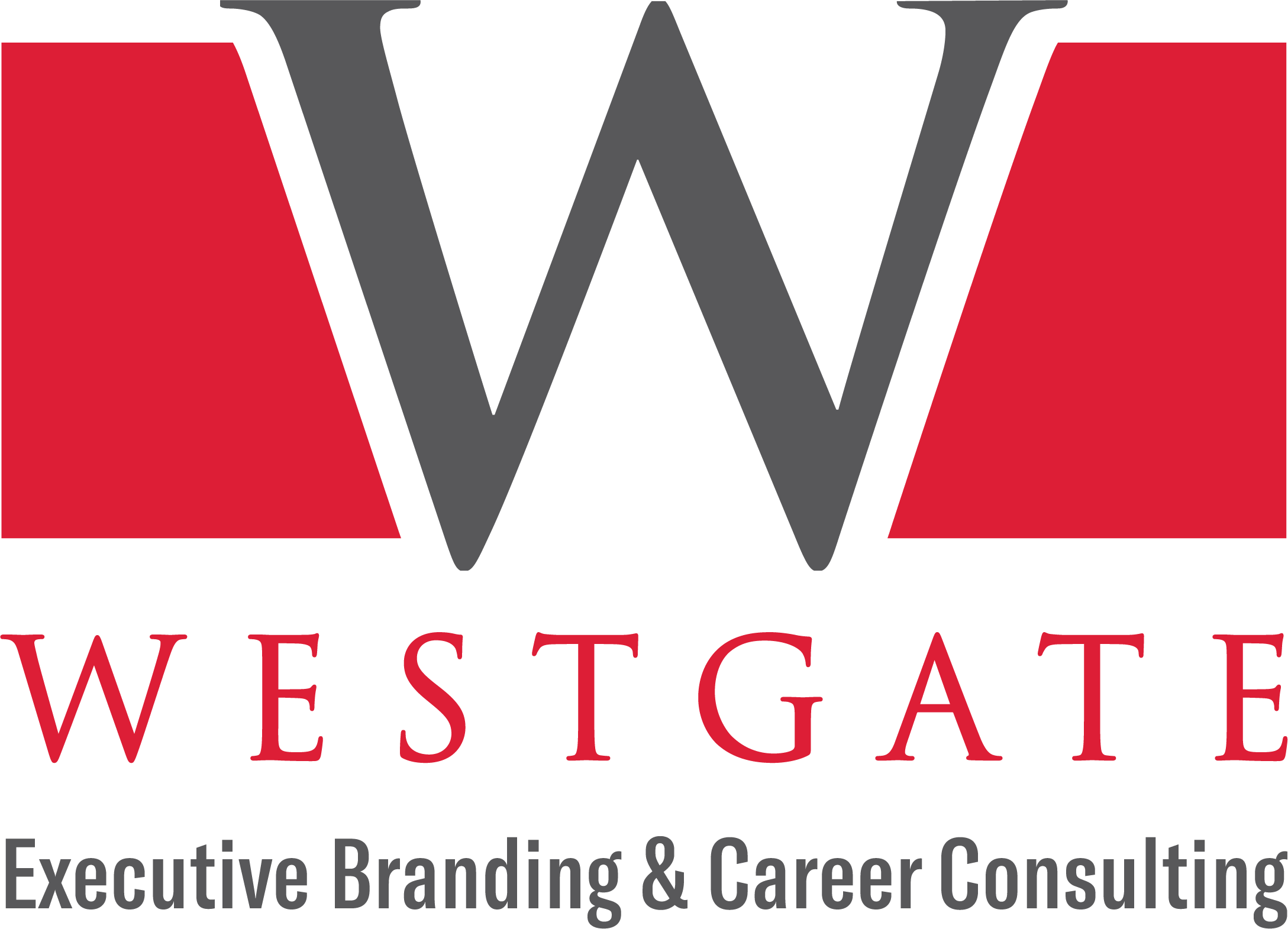 Job interviews can be a delicate dance, like the Texas Two-Step, where the wrong move can land you square on your partner’s toes. Ensuring that you make the right moves involves preparation for a meeting that can impact your family’s future lifestyle and your peace of mind.
Job interviews can be a delicate dance, like the Texas Two-Step, where the wrong move can land you square on your partner’s toes. Ensuring that you make the right moves involves preparation for a meeting that can impact your family’s future lifestyle and your peace of mind.
What I hear time and again from senior-level clients:
“I’m great with people. I have no problem carrying on a conversation at any level of the organization, blah, blah.”
What I also hear time and again:
“I was the perfect fit for that role and I didn’t get to the second stage. I don’t know what happened” and
“It came down to one other candidate and me. They chose the other candidate and I don’t understand why.”
There are hundreds of variables involved in a hiring decision and there are only a handful you have control over. If you were to make one single investment in your future, consider extreme preparation for your next job interview. Don’t wing it—even if you are the most charming and charismatic person you know.
Job interview as due diligence
From the employer’s perspective, the job interview is a critical step in a comprehensive due diligence process executed by the employer that will ensure they are making the right decision for the company and its shareholders. It is not a conversation about you.
It’s about them.
Based on your job search strategy, you have uncovered every possible angle on the role. You know what the issues are, you know their future plans and you know how you can help them. You’ve done your corporate sleuthing, you’ve combed places such as LinkedIn and SEDAR, and consulted with the reference librarian at your public or university library.
You’ve met with avatars and decision-makers inside and outside the organization.
Employer’s buying motivators
Understanding the employer’s buying motivators is a pivotal advantage for you. The majority of individuals miss it. Here it is for you in a nutshell:
- Can you make them money?
- Can you save them money?
- Can you solve a problem for them?
- Can you solve a problem for them that no one else can solve?
- *Do you match their value system?
*Employers hire for technical competency and fire for behaviour not consistent with their corporate values.
In fact, “89% of the time it [the termination of the employee] was for attitudinal reasons and only 11% of the time for a lack of skill” according to leadership expert, Mark Murphy [Source: Forbes.com].
Provide evidence of your accomplishments
A portfolio laden with examples of your work will deliver a powerful message. Interviews today are evidence-based and so consider:
- Whitepapers.
- Position papers.
- Keynote speeches.
- Presentations delivered at industry events.
- Courses taught.
- Lectures delivered.
- Letters of appreciation from senior management, clients, colleagues and suppliers.
- Case studies that showcase your proudest moments.
Providing powerful visual components garners trust. According to Harvard Business Review, author and communication expert, Nancy Duarte (Persuasive Presentations, HBR) Audiences can only process one stream of information at a time (pg. 113).
According to the experts at NeoMan Studios, almost 50% of your brain is involved in visual processing, 70% of all of your sensory receptors are in your eyes and we get a sense of the visual scene in less than 1/10 of a second.
Portfolios deliver a powerful message and garner trust with decision-makers.
Level 1 interviews
Level 1 interviews may be with an HR Consultant at the beginning. HR Consultants are most concerned about taking the right candidates forward to the decision-maker.
His or her job is to ensure that you meet the basic competency levels for the position and that there are no concerns in the resume. Since the resume itself is not a legal document (unlike a job application), omissions and inaccurate information can sometimes find its way onto the resume. Employment gaps, job hopping (unless you are a CEO turnaround expert) and education credentials will be important to explore.
Did you know that more than 20% of executive level applicants misrepresent their academic credentials? Be prepared to discuss your education, even if it was 30 years ago. Savvy employers will check your degrees, licenses and other credentials. Guaranteed. Especially since 9/11.
Level 2 interviews
At this level, decision-makers will likely get into the mechanics of your work, major projects, challenges you met along the way and what solutions you provided. Use your resume to recall the metrics you achieved. Case studies and presentations are powerful sources of evidence that you’ve done what you said you did.
Level 3 + Interviews
At your level, expect at least 3 to 12 meetings before an offer is made. This does not include negotiations.
Interviews will now be about whether you fit their values and whether you are trustworthy. Expect to undergo a series of psychometric assessments that will evaluate your behavioural style and your work preferences. This is especially important as the CEO continues to build his team. Expect a comprehensive background check, including a criminal background check, credit check and extensive reference checks.
Once an offer is made, you will need to plan carefully for a termination clause in your contract.
Demonstrate your tenacity
Because you have been rapidly promoted and repeatedly recruited in your career, understand that you may face disappointment when a job offer falls through. This is normal and two famous historical figures will remind us of that:
Sir Winston Churchill said: “Success consists of going from failure to failure without loss of enthusiasm.”
And of course, the famous hockey player Wayne Gretzky said: “You miss 100% of the shots you don’t take.”
Make sure you take a good shot by being prepared.
Bonus tips:
If you are getting multiple interviews, but no offers, see my article, Are You Making this Deadly Interview Mistake?.
If you are concerned because you did not make the final cut, see my article, When the Job Offer Falls Flat.
Image by HikingArtist, used under a Creative Commons License.

